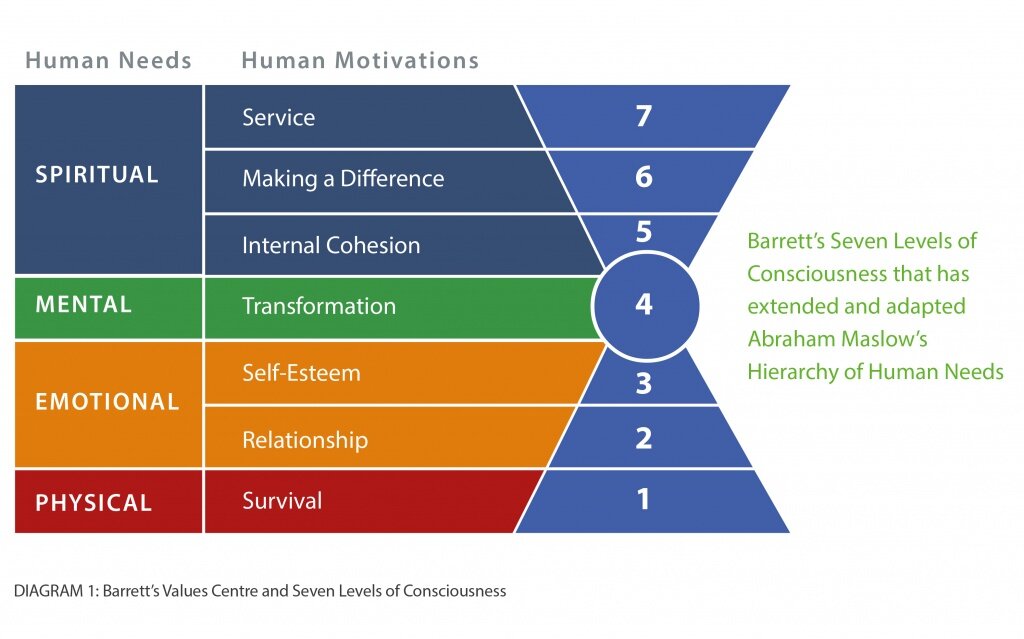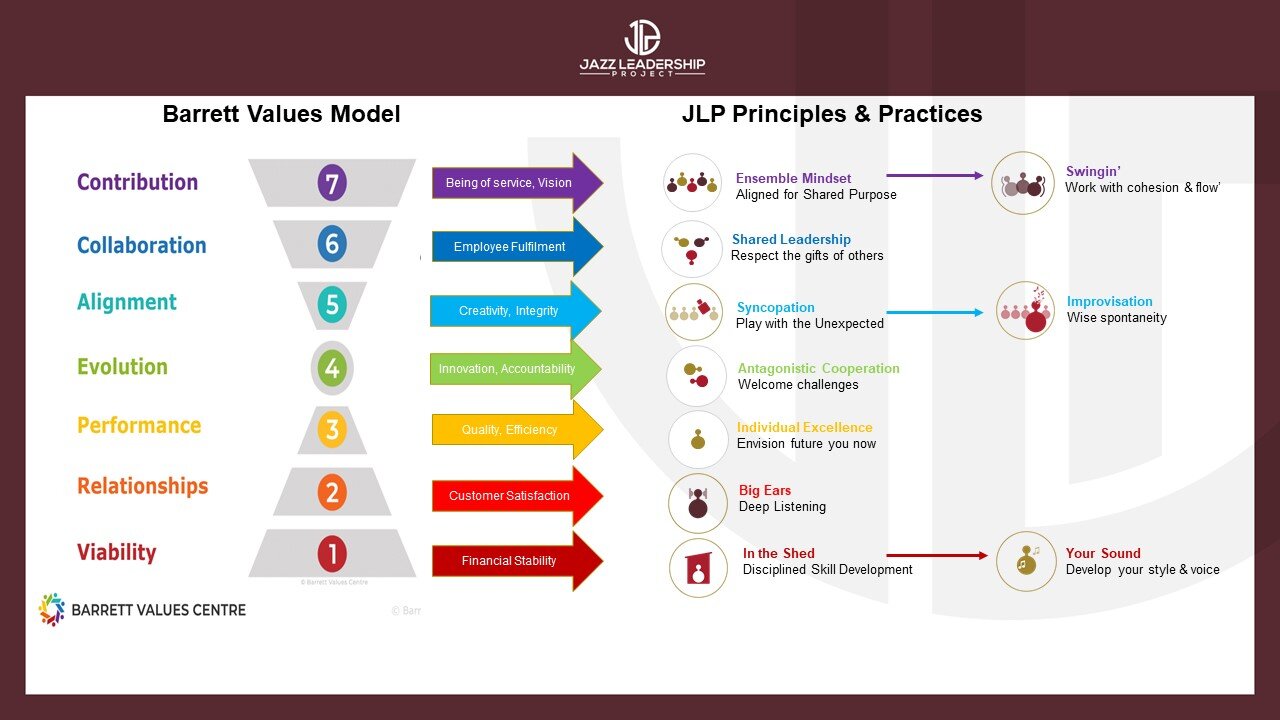The Energy of Values
Carefully watch your thoughts, for they become your words. Manage and watch your words, for they will become your actions. Consider and judge your actions, for they have become your habits. Acknowledge and watch your habits, for they shall become your values. Understand and embrace your values, for they become your destiny.
—Mahatma Gandhi
In a recent New York Times magazine interview, author and conservative pundit Armstrong Williiams responded to a question about future conservative soul-searching if Trump loses the election. Williams said, “As a Christian, I have a lot to pray about, because there are things about the president that I turn a blind eye to. I realize that I’m dumbing down my values in the process.”
Incredibly audacious, Williams openly acknowledges the lack of integrity and authenticity of his behavior. He apparently finds redemption at night when he gets on his knees and prays. “I never lie to myself. Because I know exactly what he is.” What of the other sixteen hours of the day (assuming 8 hours of sleep)? What soul-wrenching postures is he twisting himself into?
When our behaviors are not in accord with our deeply held values dysfunction occurs and our souls are unsettled. In a previous post, I explored the importance of core values, personal and professional, as indicators of our deeply held beliefs and behavior. When our values are known, our intentions are evident, our decisions make sense, and people understand and trust who we are.
It’s worth repeating John C. Maxwell’s from that post:
Your core values are the deeply held beliefs that authentically describe your soul.
—John C. Maxwell
Soul—our very beingness and source of inspiration—is how we show up in the world and make meaning. The resonance with and through music is one of the ways we feed our soul.
The JLP Jazz Trio
A Values-Based Mindset
As we often say, our jazz-based model is inherently a cultural, values-based system. The ensemble performs at a high level of collaboration because as individuals and as a group, they are grounded in the values that make the system function well—trust, integrity, respect, and purpose.
Jazz enacts individual and group values through a creative process of learning and growth. Such system-based thinking encompasses and values generosity, humor, deep listening, vulnerability, curiosity, and creativity. Because these values remain constant, the musicians have a bedrock from which to find their voice, take risks, and contribute their best.
Tyson Yunkaporta, author of Sand Talk: How Indigenous Thinking Can Save the World, says that we look at the objects rather than the system; the content rather than the process; and at identities rather than governance structures. This keeps us focused on the “shiny objects”—the distractions—rather than the “meaningful spaces between the stars, where all the knowledge exists.” As we identify, embrace, and play in those spaces, informed by our values, we can create more meaningful processes and systems.
People around this nation have been suffering through a barrage of challenges that have brought all means of anxiety, sorrow, pain, and hardship. It is precisely this heightened level of challenge that can cause people to question their values and assess what is truly important to them. As we move forward, battling the pandemic and sitting in the discomfort of a very divided nation, our values should be our guiding beacons.
Leaders can’t go back to business as usual. More will be demanded of us to bring a sense of purpose and meaning to who we are, what we represent, and how our work will make a difference. Recognizing this reality, our business, the Jazz Leadership Project, has partnered with the Barrett Values Center to help companies not only identify their values, but also provide a roadmap to help them live those values. Comprehending underlying motivations is the first step.
The Barrett Values Assessment, based on Maslow’s hierarchy of needs, measures the values and cultures of teams, leaders and whole organizations. The measurement includes factors such as the strengths that form positive foundations, the dysfunction of beliefs and behaviors that undermine performance, and desired directions for the future.
The model incorporates levels that recognize psychological safety and viability, self-determination, transformation through self-actualization, and living our purpose to discover and activate a thriving culture. Themes and insights emerge unveiling messages and assumptions as the assessment’s analysis uncovers stories that make the intangible tangible while engaging the best in people.
Revealing the links between individual, leadership, and organizational values, Barrett assessments allow teams to measure their current state of culture and create a picture of their optimal desired culture. The assessment provides a framework to understand the thinking and behavior that informs the culture and a baseline from which to manage organizational change.
Energetic Values Integration
Meshing the Barrett Cultural and Leadership Values Assessments into our JLP model was an essential step; the integration felt organic. Our principles and practices are framed through the values of the music and demonstrate how a purpose-driven mindset can be an aspirational platform for synergy and collaboration. We tied the principles and practices of the jazz model into the developmental stages of the cultural values model for transformative revelations and solutions.
Reconceiving value as a form of interior energy, Developmental Politics author Steve McIntosh says, “In short, we are not only motivated from within, we are also attracted from without by the potential for an improved state of affairs. Distinguishing between the interior push and the exterior pull of human motivation allows us to see how the energy of value flows in a circuit from inside to out and from outside to in.”
Values are powerful meaning-makers. They are, as author and Founder of the Barrett Values Center Richard Barrett says, “energetic principles that support connection.” Such energies are a vital way to start future-thinking conversations of harmonic richness.
Dumbing down our values is the last thing we need to do.




